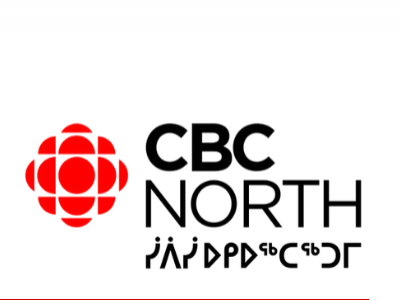
Dr. Christina Holtz-Bacha, Visiting Professor
Dr. Christina Holtz-Bacha joins the School of Journalism and Communication this winter term as a Visiting Professor in Communication and Media Studies.
An internationally recognized expert in political communication, Dr. Holtz-Bacha is Chair of Communication in the School of Business and Economics at Friedrich-Alexander Universität Erlangen-Nürnberg in Germany.
In addition to teaching a graduate seminar on populism and communications this semester, Dr. Holtz-Bacha will be delivering a public talk on Friday, April 13 from 11:45 a.m. – 1:15 p.m. in the Reader’s Digest Resource Centre.
The talk, titled “Performing Populism: Or, How to Trap the Media,” will be followed by a catered lunch. Please RSVP (Melanie.leblanc@carleton.ca) by Tuesday April 10th.
How are you finding Ottawa so far?
“Ottawa is quite different from other Canadian cities I’ve been to. It’s my first time here and I’m living downtown near Parliament. It’s interesting to be living so close to all the politics.
I was also very much looking forward to coming here during the winter term because I’m a winter person. We don’t have real winters anymore in Europe and I certainly found the winter here! I’m kind of sad though, because it seems as though spring is coming.”
Tell us about your graduate seminar on populism?
“The seminar is going very well. It’s a group of eight students, and I’m learning a lot about the Canadian political and electoral systems from them. They all have my utmost respect, as I told them right at the beginning of the seminar, because they’re used to being assigned substantial amounts of reading. I would never dare to give my students at Friedrich-Alexander Universität Erlangen-Nürnberg as much to read from week to week as I do here!
The seminar itself is about populism, which is a timely topic especially in Europe and in the U.S. — but interestingly, not so much in Canada. Populism is certainly being talked about in Canada in relation to its next-door neighbour, but there are no real populist parties on the rise here as there are in Europe. In that way, Canada seems to still be an outlier.”
In addition to teaching, you’re also working on a new book during your residency here at Carleton. What is it about?
“The book is about freedom of the media in democracies. We often talk about media freedom in authoritarian countries, but we fail to realize that media freedom is suffering in democracies as well. I’m not so much interested in what’s going on in China, or Ethiopia or North Korea or Turkey, but in countries that call themselves democracies where democracy and freedom of the media are in fact on the decline.
The U.S. is a major example of this phenomenon. It prides itself in being the freest country in the world, but if you examine recent events and statistics, there’s evidences that press freedom has gone down considerably. The U.S. president calling the traditional media “fake news” is of course a major indicator that something is amiss.
The book is both a natural progression of my previous work on freedom of the press and inspired by what I’ve observed in the recent political climate. I’ve previously worked on research about the state-funding of newspapers, which is a very common practice in some countries and one which I’ve heard Canada has been recently considering adopting. The question is, do state-funded media threaten freedom of the media? Is a newspaper that receives money from government really free to criticize government?
What’s interesting is that the answer isn’t always clear. Data has shown, for example, that Nordic countries tend to come out on top for having the best freedom of the media—and those are countries in which the media receive a lot of government funding. On the other hand, France is a country that knows a lot of different measures to support the press and those working in the media, and that seems to result in a clear conflict of interests, as broadcasting in France is very closely tied to the government and the presidency. There are many factors to consider here.”
You’ll be delivering a public talk on March 23 at the Reader’s Digest Resource Centre. Could you give us a sneak preview?
“There are two main parts to the talk. First of all, I want to highlight the neglect of populism by media researchers. Communication has come quite late to studying this particular topic. And unfortunately, while political science has long written on populism, few political scientists have taken the media into consideration or accepted that there might be a relationship between the media and everything that’s happening in society and in politics.
Secondly, I want to talk about the strategies of populists. I’ve written a lot on electoral campaigning, including the strategies through which populist parties and populist candidates sell themselves to the electorate. I have a hypothesis that these strategies inadvertently fit well into existing news values, which puts the media in a difficult place.
On the one hand, they have a duty to report on the political field and keep audiences informed on what’s going on in various campaigns. And if populist parties are on the rise, then that has to be somehow reported in the media. But on the other hand, there have been allegations that the media foster populist parties by granting them coverage. It’s a real tightrope walk and I’m not sure many media outlets know how to navigate it.”
Friday, March 2, 2018 in Communication News, News
Share: Twitter, Facebook



